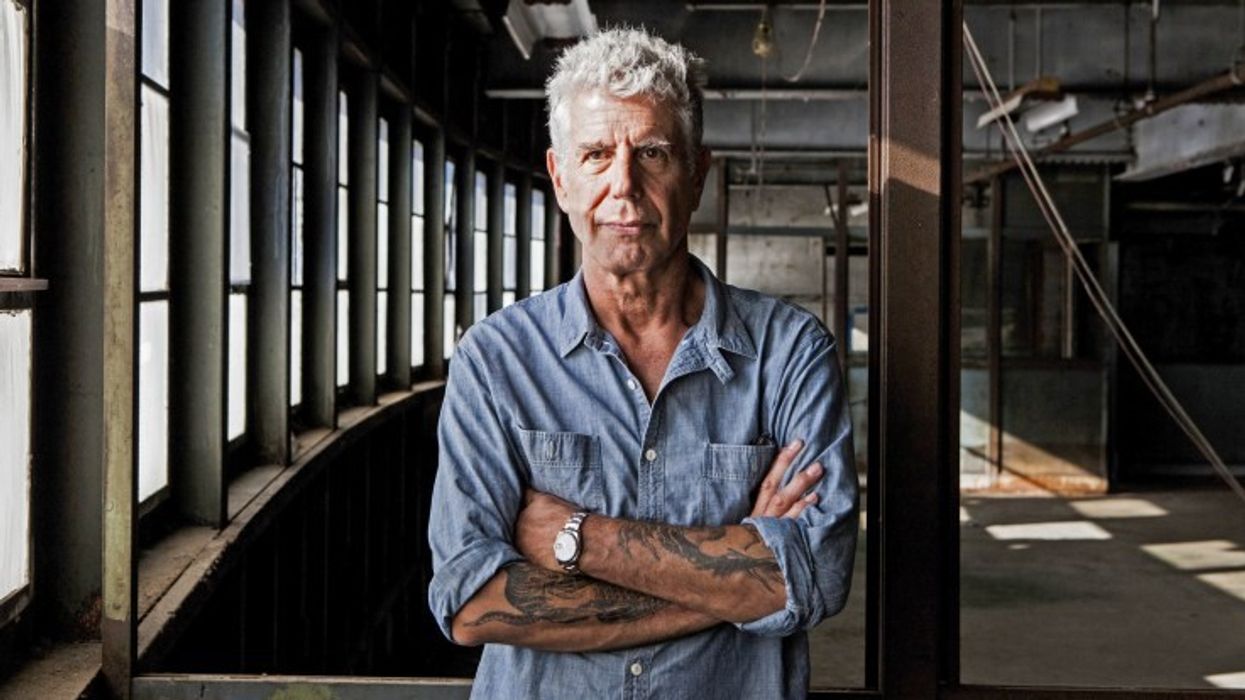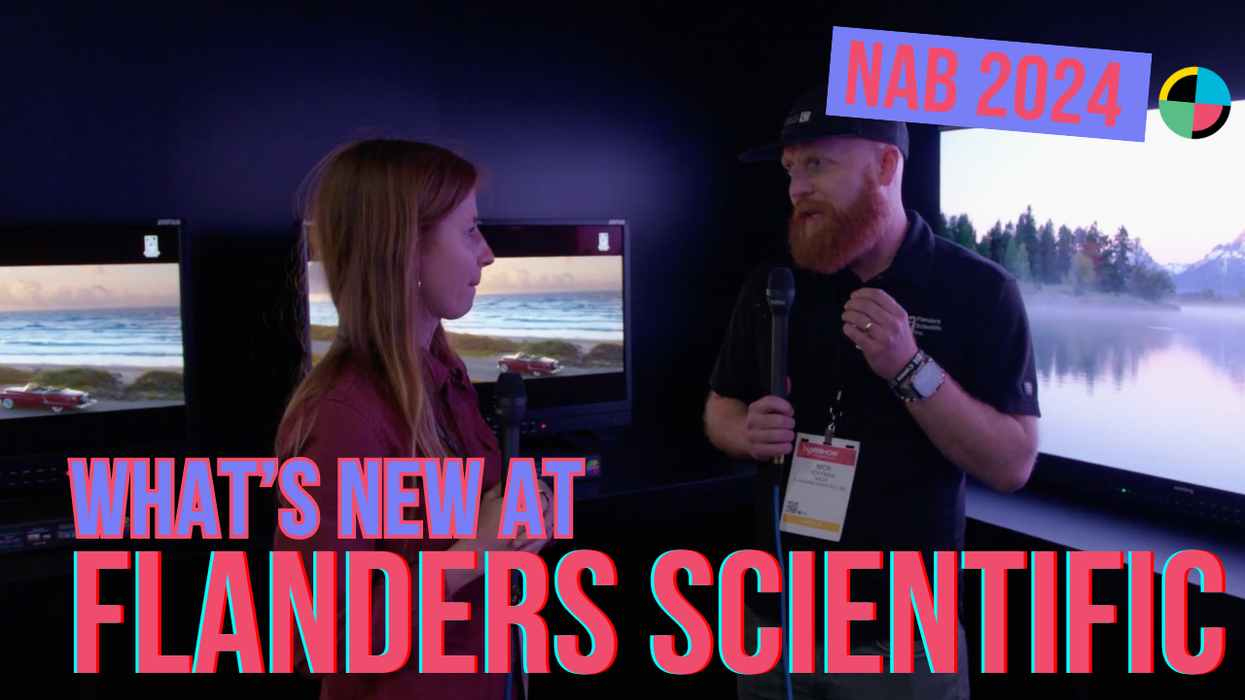Ethical? New Bourdain Documentary Used AI to Recreate His Voice
Is this an ethical move by the documentarian?

UPDATED: Many people are looking forward to the release of the new documentary, Roadrunner, which tells the story of Anthony Bourdain's life and tragic death. Filled with lots of never-before-seen footage, the buzz around the documentary has been palpable across the world. Many people who Bourdain touched as the host of his travel show were incredibly excited about seeing the film.
A lot of legwork was done to make this film, with the film's director, Morgan Neville, saying, "These were the hardest interviews I’ve ever done, hands down. I was the grief counselor, who showed up to talk to everybody.”
But a recent interview in The New Yorker has a lot of people very upset.
Inside the piece, Neville talked about how they got the lines for some of the parts of the movies.
According to the article:
"Throughout the film, Neville and his team used stitched-together clips of Bourdain’s narration pulled from TV, radio, podcasts, and audiobooks. 'But there were three quotes there I wanted his voice for that there were no recordings of,' Neville explained. So he got in touch with a software company, gave it about a dozen hours of recordings, and, he said, 'I created an A.I. model of his voice.' In a world of computer simulations and deepfakes, a dead man’s voice speaking his own words of despair is hardly the most dystopian application of the technology. But the seamlessness of the effect is eerie. 'If you watch the film, other than that line you mentioned, you probably don’t know what the other lines are that were spoken by the A.I., and you’re not going to know,' Neville said. 'We can have a documentary-ethics panel about it later.'"
This set off a lot of red flags with many members of the audience, who want to have the documentary ethics panel now.
Neville spoke more about this process with GQ, saying:
We fed more than ten hours of Tony’s voice into an AI model. The bigger the quantity, the better the result. We worked with four companies before settling on the best. We also had to figure out the best tone of Tony’s voice: His speaking voice versus his 'narrator' voice, which itself changed dramatically of [sic] over the years. The narrator voice got very performative and sing-songy in the No Reservation years. I checked, you know, with his widow and his literary executor, just to make sure people were cool with that. And they were like, Tony would have been cool with that. I wasn’t putting words into his mouth. I was just trying to make them come alive.
Neville refers to his widow, which many assume to be Bourdain’s ex-wife, Ottavia Busia. But she tweeted last night that she did not give Neville her blessing to fake Bourdain's voice.
Showing footage and unseen clips of the deceased chef is one thing, but having him posthumously narrate parts of his own eulogy thanks to artificial intelligence seems dystopian and bleak. Especially when the ethos of his shows No Reservations and Parts Unknown seemed to emphasize the human experience and genuine connection people can have all over the world. Using a computer to imitate Bourdain seems disingenuous to that cause.
Neville admits in the New Yorker piece that he never met or knew Bourdain, which I think is okay if we want our documentary to be objective, but you have to wonder how much he actually learned about the guy if he thinks he would be okay with computers recreating his voice.
Without trying to sound cliche, this also raises a lot of concerns about the slippery slope of technology. How can we be sure what's said in the documentary is true if we have no proof about who's saying what? And what's stopping the filmmakers from recreating a lifelike Bourdain to say and do things on screen we've never seen?
What are your feelings on the issue? Should they have recreated Bourdain's voice throughout the documentary?
Sound off in the comments.

 No Film School's coverage of
No Film School's coverage of 









